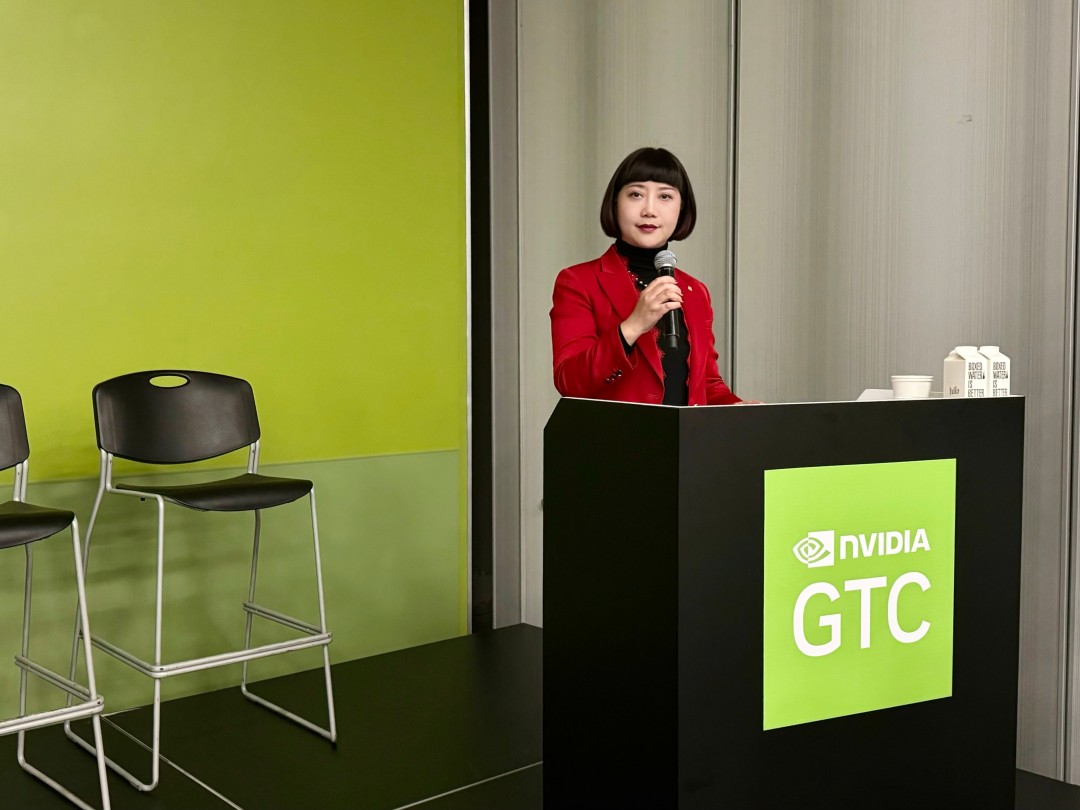GCL Group Attends GTC 2025 and Collaborates with Peking University and NVIDIA to Release a Photovoltaic Power Prediction Large Model
March 17 - 21, the 2025 NVIDIA GTC was held in California, USA. This global tech event focused on cutting-edge fields like AI and graphics, attracting companies like Microsoft and academic institutions.
GCL Group's Deputy Chairman Sun Wei attended the conference. He discussed the integration of "energy + computing power" and AI's role in energy with NVIDIA's Energy Business GM Marc Spieler and other experts, seeking innovation for the energy industry's intelligent transformation.
Improving the Accuracy of Photovoltaic Power Prediction
At the conference, GCL Group, Peking University, and NVIDIA jointly launched a photovoltaic power prediction large model based on NVIDIA Earth-2. This model, backed by GCL's data, Peking University's research, and NVIDIA's computing power, can accurately predict new energy generation.
Sun Wei noted that photovoltaic power generation, a key part of the green energy transition, has a contradiction between its fluctuation and grid stability. Traditional weather forecasts have limitations in accuracy during drastic weather changes. NVIDIA Earth-2, a climate digital twin cloud platform, combines AI, GPU acceleration, and computer graphics to predict weather and climate globally with unprecedented accuracy and speed. Using its data can increase photovoltaic power generation prediction accuracy by 3 - 5 percentage points compared to time-series models.
Stabilizing the Grid
This new model not only improves prediction accuracy but also positively impacts new energy grid connection, grid scheduling, and power market optimization. Sun Wei stated that better predictions help grids integrate new energy more stably, reduce energy storage losses, and improve new energy consumption, driving the industry towards greater efficiency and intelligence.
Creating a Green Energy Innovation Ecosystem
GCL Group is advancing the deep integration of AI and data science across the energy sector. This industry-academia-research collaboration marks another innovative step for GCL. Looking ahead, GCL will keep improving its open innovation system, deepen the integration of energy technology with digital twins and big data, and contribute Chinese solutions to building a zero-carbon intelligent energy system.








